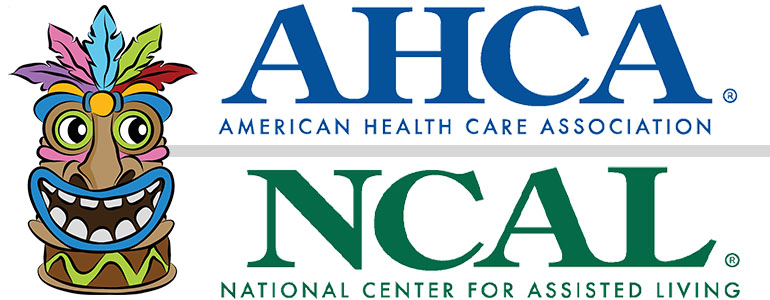
As more than 500 long term care professionals gather on Capitol Hill this week to meet with the nation’s lawmakers, the American Health Care Association (AHCA), representing more than 14,000 nursing homes and other long term care facilities across the country, released of a survey of nursing home providers across the U.S. highlighting how the industry is still facing a serious staffing and economic crisis.
Key findings include:
- 60 percent of nursing home providers said their workforce situation has worsened since January.
- 87 percent are currently facing moderate to high staffing shortages. Of those, nearly half (48 percent) are facing a high level of staffing shortages.
- 98 percent are experiencing difficulty hiring staff.
- To adjust for staffing shortages, nearly all (99 percent) of nursing home providers are asking staff to work overtime or extra shifts. More than 70 percent have hired temporary agency staff.
- Nine out of 10 nursing home providers have offered increased wages and bonuses.
- 71 percent said the lack of interested or qualified candidates is their top obstacle.
- 76 percent said their current financial situation and lack of funding is an obstacle in being able to offer competitive wages to hire new staff.
The workforce crisis is interconnected with the economic stability of the sector. Without enough staff, nursing homes cannot care for as many residents, and the already underfunded health care sector struggles to recover from the COVID-19 pandemic. These dual workforce and economic crises ultimately threaten access to care for hundreds of thousands of vulnerable, frail seniors.
The survey also found:
- 61 percent of nursing home providers are limiting new admissions due to staffing shortages.
- 73 percent are concerned about having to close their facilities over staffing woes.
- Providers estimate that their costs have increased by an average of 41 percent since last year.
- Nearly six out of 10 nursing home providers operating at a loss.
- More than half (53 percent) of nursing home providers said they can’t sustain current operating pace for more than one year.
“The survey shows the severe and persistent workforce shortage nursing home providers have been facing with too many facilities still struggling to hire and retain staff despite making every effort,” said Mark Parkinson, president and CEO of AHCA. “Lawmakers across the country must prioritize long term care residents and staff and that begins with providing resources to address workforce challenges. As a provider that uniquely relies on government funding, policymakers must help nursing homes better compete for nurses and nurse aides, as well as build up the pipeline to incentivize more people to pursue a career in long term care.”
Long term and post-acute care professionals will share these findings as well as their own unique, local perspectives with members of Congress during the association’s Congressional Briefing event, taking place Monday, June 6 and Tuesday, June 7. More than 500 professionals are expected to visit the Hill, advocating for meaningful legislation and policies that will help usher targeted solutions to address these workforce and economic crises. Other proposals coming out of Washington to increase federal staffing minimums without funding or substantive recruitment and retention programs would have a negative impact on access to care, industry officials argue.
“We all agree that nursing homes need to hire more caregivers—the question is how. Unfunded staffing mandates would only make the crisis worse. Congress must invest in our long term care workforce and protect access to care for millions of seniors,” concluded Parkinson.
